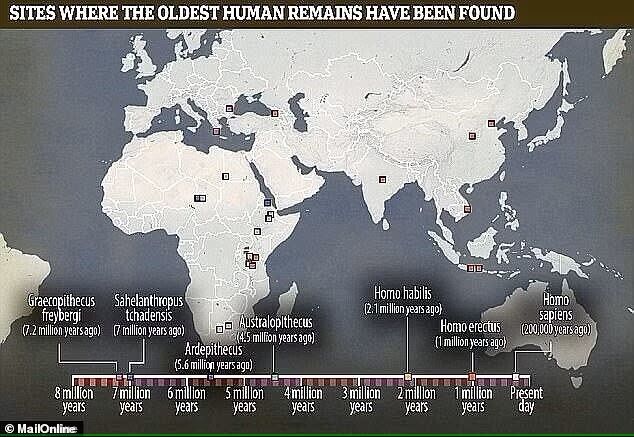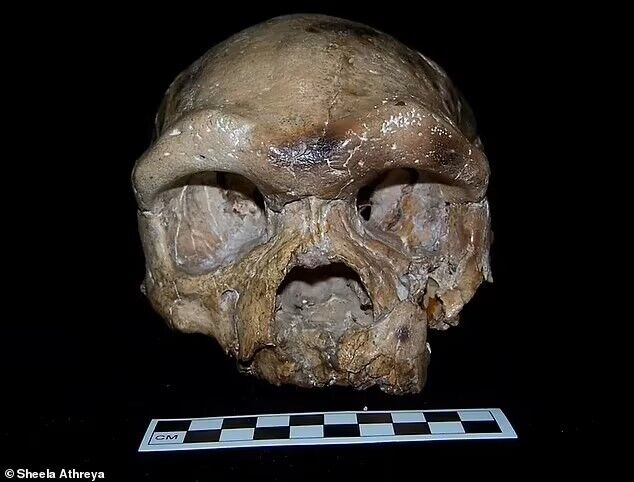News
First humans did not come out of Africa: evolutionary biologist challenges long-standing theory
An evolutionary biologist has challenged the long-held theory that the first humans came out of Africa. Dr. Huang Shi from China suggested that evolution began in East Asia, where fossils dating back to an earlier period than those found in Africa have been found.
According to the scientist, since East Asian populations have the least genetic diversity, they are likely to be the true ancestors. And ancient Europeans also turned out to be much closer to this territory, both in terms of paternal and maternal genetic structure, writes DailyMail.
Archaeological findings of early humans, which have the greatest genetic similarity both to each other and to the broader, distant human race today, are the most likely candidates for the origin of the species, according to Dr. Huang Shi.
According to the biologist, if the model of human origins from Africa were correct, the DNA of 45,000-year-old European samples would more closely match ancient African DNA.
"Ancient DNA from the earliest modern humans found in Europe has again shown more similarity to Asians than Africans. Origin from Africa has been repeatedly refuted by DNA," Shi emphasized.
According to him, the reason for his theory, called "maximum genetic diversity" (MGD), is that more complex organisms, such as humans, require many more parts of their DNA to work together. This means that there is less room for mutations to survive, which act as genetic "improvisations."
"The MGD hypothesis is innovative, but controversial, and needs to be further developed," said anthropology researcher Hermann Diebel.
Evidence from other scientific disciplines, including linguistics and kinship anthropology, also supports the MGD theory, Dr. Huang said. Specifically, findings included an analysis of an unusually complete "Dali skull" found in 1978 in China's Dali County in Shaanxi Province.
According to scientists, this 260,000-year-old skull, unearthed with its face and brain still intact, was closely studied by experts from Texas A&M University and the Chinese Academy of Sciences in 2017. Scientists found that it shares many characteristics with modern humans.
Instead of debating "for Africa" or "for East Asia," the researchers tried to find a compromise.
"I believe that the flow of genes could have been multidirectional, so some of the traits observed in Europe or Africa could have originated in Asia," said Sheela, a professor at the University of Texas Health Science Center.
Only verified information is available on the OBOZ.UA Telegram channel and Viber. Do not fall for fakes!





























